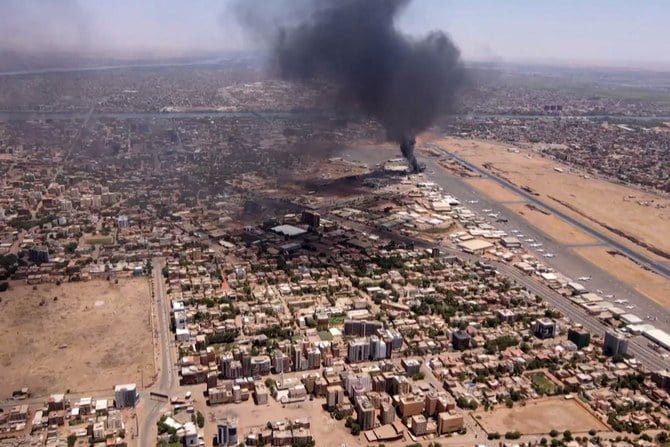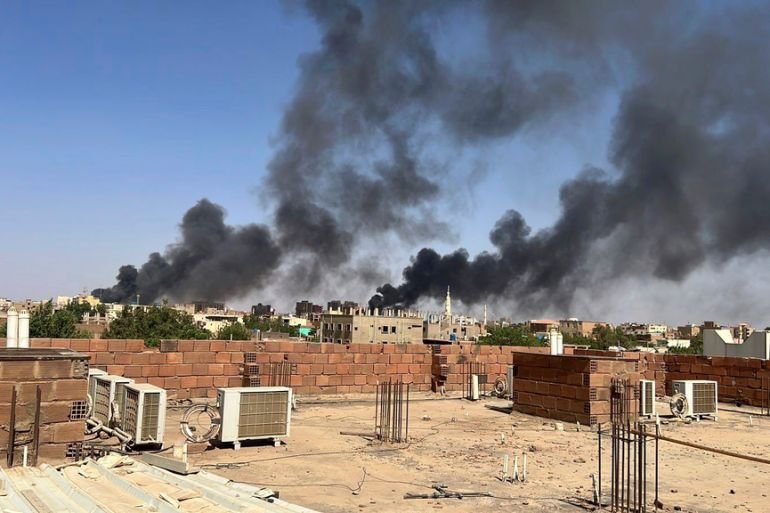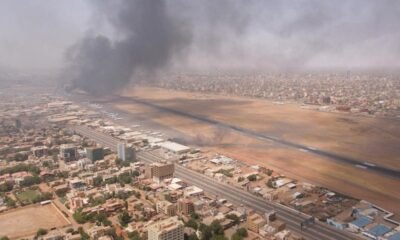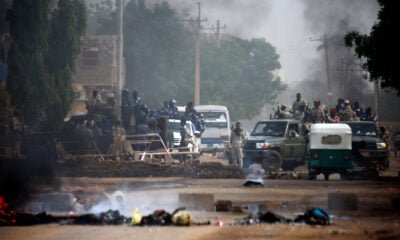News
Sudan Conflict Continues Despite Ceasefire Extension: Hundreds De@d, More at Risk
Published
3 years agoon
By
M N Ridwan
Rival factions of Sudan’s military have agreed to renew a three-day ceasefire, shortly before it was due to expire, but heavy fighting is reported to continue in the capital, Khartoum.
The extension, for another 72 hours, was the result of intensive diplomatic efforts by neighbouring countries, as well as the US, UK, and UN.
Almost two weeks of fighting between the army and a rival paramilitary group have left hundreds dead, with at least 512 people k!lled and almost 4,200 injured, although the real number of de@ths could be much higher.
Despite the ceasefire, there are fears of more de@ths due to outbreaks of disease and a lack of services, as most hospitals in conflict areas are not functioning, and more than 60% of health facilities in Khartoum are inactive.
To that effect, South Sudan has offered to host peace talks, and the army has agreed to send representatives to the talks, but there are concerns that the situation could worsen at any moment.
Consequently, the World Health Organisation (WHO) has warned of many more deaths due to the conflict.
With regard to this, US Secretary of State Antony Blinken has said that while the ceasefire was imperfect, it had reduced violence, and Washington was “very actively working” to extend it.
However, the White House has cautioned that the situation remains fragile.

The fighting has also been reported in the western Darfur region and other provinces, and eyewitnesses have reported that the army has been pounding RSF positions in Khartoum.
Despite the army’s claims that it has taken control of most of Sudan’s regions, the situation remains complicated in some parts of the capital.
The previous truce had allowed thousands of people to attempt to flee to safety, while dozens of countries had tried to evacuate their citizens.
The extension of the ceasefire is a temporary respite, and there are fears that the conflict could escalate again at any moment, with civilians continuing to be at risk.











